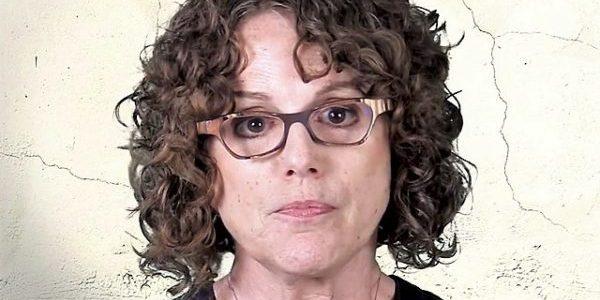(Headline USA) A well-known “anti-racist” scholar allegedly plagiarized content from several minority academics in her doctoral thesis for the University of Washington.
Robin DiAngelo, best-selling author of White Fragility, published her dissertation, titled “Whiteness in Racial Dialogue: A Discourse Analysis,” in 2004 before receiving her doctorate in multicultural education.
An analysis of the work, however, showed she lifted two paragraphs from Asian–American professor Thomas Nakayama and his coauthor, Robert Krizek, without attribution, according to the Washington Free Beacon.
For example, in Kakayama’s and Krizek’s work, they wrote, “While this discourse recognizes a part of its historical constitution, ‘White, of European descent,’ this reflexivity does not necessarily mean that there has been a recognition of the power relations embedded in that history.”
In her dissertation, DiAngelo wrote almost verbatim, “While this discourse recognizes in part a historical constitution, this does not necessarily indicate that there is a recognition of the power relations embedded in that history.”
DiAngelo also lifted content from Asian-American professor Stacey Lee, using Lee’s summary of a work by scholar David Theo.
“It is never appropriate to use the secondary source without acknowledging it, and even worse to present it as one’s own words,” Peter Wood, the president of the National Association of Scholars, told the Free Beacon. “That’s plagiarism.”
Steve McGuire, a member of the American Council of Trustees and Alumni, agreed that the compiled list of examples in the Free Beacon’s analysis would be considered plagiarism.
“No one who respected the basic expectations of scholarship would do this,” McGuire said. “The amount of copying of verbatim language without quotation marks or clear and consistent citations in these examples is appalling.”
DiAngelo is now facing a formal complaint with the University of Washington over the allegations of plagiarism.
Ironically, in an “accountability” statement on her website, DiAngelo insists that “fellow white people” must “always cite and give credit to the work of BIPOC people who have informed your thinking.”
Her statement adds, “When you use a phrase or idea you got from a BIPOC person, credit them.”

